Nobody can hurt me without my permission
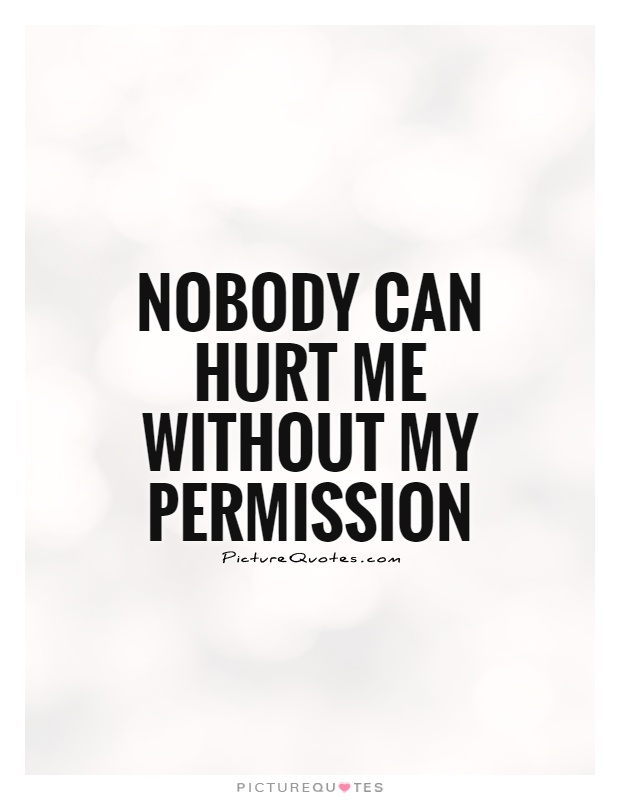
Nobody can hurt me without my permission
Mahatma Gandhi, the revered leader of the Indian independence movement, was a firm believer in the power of nonviolent resistance. He understood that true strength lies in the ability to withstand adversity without resorting to violence. One of his most famous quotes, "Nobody can hurt me without my permission," encapsulates his philosophy of passive resistance and personal empowerment.Gandhi's statement is a powerful reminder that we have control over how we react to the actions of others. By choosing not to give in to anger or resentment, we can prevent others from causing us harm. This idea is central to Gandhi's concept of Satyagraha, or "truth force," which he used as a tool for social and political change.
In the face of oppression and violence, Gandhi remained steadfast in his commitment to nonviolence. He believed that by refusing to retaliate against his oppressors, he could expose the injustice of their actions and inspire others to join him in the struggle for freedom. Through his example, Gandhi showed that it is possible to resist tyranny without resorting to violence, and that true strength comes from within.
Gandhi's philosophy of nonviolent resistance has inspired countless individuals and movements around the world. His message of personal empowerment and self-control continues to resonate with people of all backgrounds and beliefs. By taking responsibility for our own reactions and refusing to be controlled by the actions of others, we can find the strength to overcome any challenge.


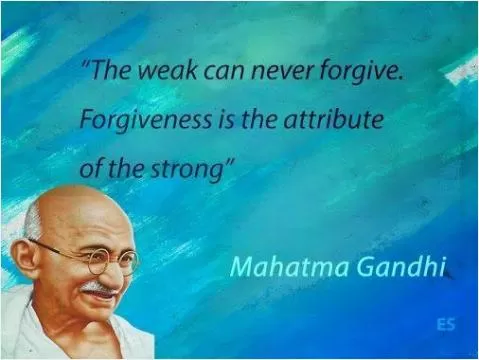

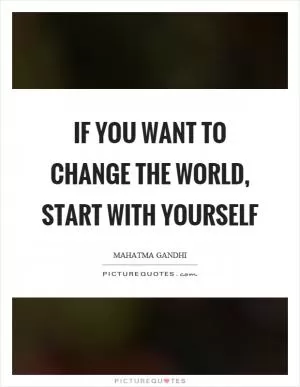
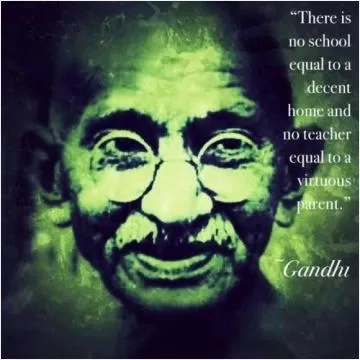


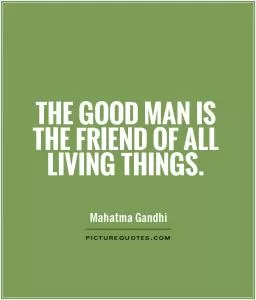
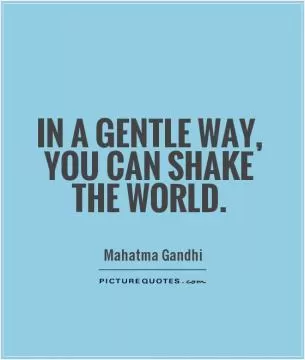
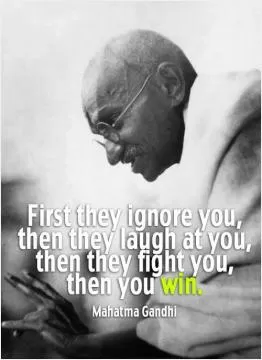
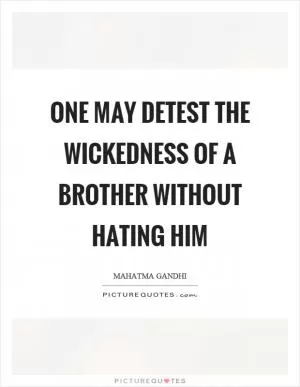
 Friendship Quotes
Friendship Quotes Love Quotes
Love Quotes Life Quotes
Life Quotes Funny Quotes
Funny Quotes Motivational Quotes
Motivational Quotes Inspirational Quotes
Inspirational Quotes